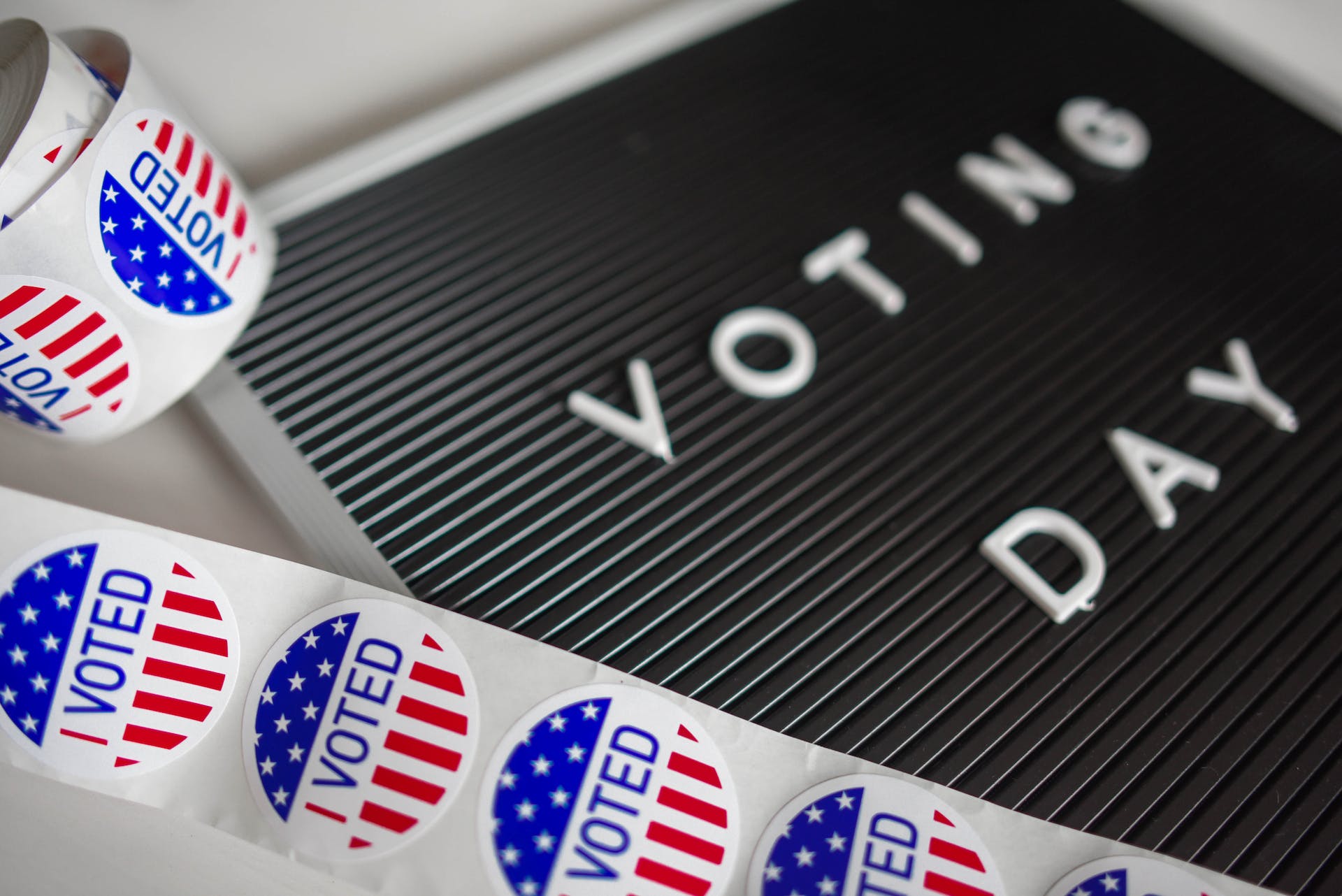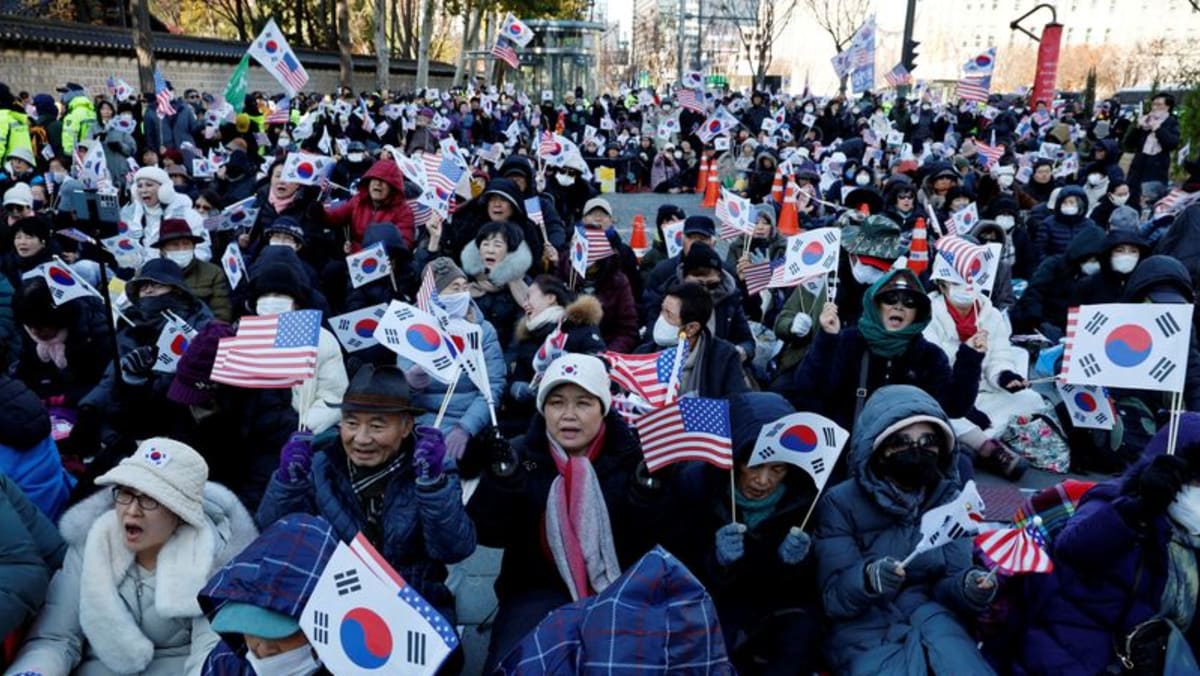With a slew of momentous elections expected to be held next year, Google has confirmed it will restrict the types of election-related queries for which its AI-powered chatbot Bard and Search Generative Experience (SGE) will return responses.
The announcement comes ahead of crucial elections across the globe including the US Presidential Elections as well as the impending general elections in India and South Africa.
The move serves as a major sign that the search giant is focusing more on AI’s impact on the impending elections. It also represents a much-needed shift towards more responsible use of AI in political contexts.
Facebook parent company Meta has already restricted election-related queries from AI-based searches. Aside from this, the platform has paused political campaigns and banned ads in regulated industries from using Meta’s new generative AI advertising products.
Moreover, advertisers on Meta will have to mention when AI or any other digital methods are used to create political, social or election-related ads on Facebook and Instagram. To recap, the US-based technology company announced several AI tools to provide a superior user experience across its products earlier this month.
Google Bard and AI-based search: What you need to know
It is worth noting that Bard is an AI-backed chatbot that can provide users with relevant information regarding a wide range of topics. It generates responses to user queries with the help of natural language processing and machine learning algorithms.
AI-based search, on the other hand, alludes to Google’s search algorithms that deliver search results by using AI techniques. These algorithms analyse various factors such as search history and behaviour to provide relevant search results.
To those unaware, Google Bard and Microsoft’s Bing Chat were accused of providing inaccurate reports on the Israel-Hamas conflict back in October. So, it is imperative to carefully monitor its responses to stop the manipulation and spread of misinformation when it comes to politics.
“Our double-check feature in Bard enables people to evaluate whether there’s content across the web to substantiate Bard’s English language response,” Google VP, Trust & Safety Solutions Susan Jasper noted in a blog post.
Google’s recently announced restrictions on election-related queries for Bard and AI-based search will be enforced by early 2024. These restrictions will be levied to improve transparency and responsiveness during crucial election periods.
Elon Musk’s X is still allowing political advertising
While Google and Meta are sparing no effort in a bid to regulate AI in political contexts, Elon Musk-led social media platform X (formerly Twitter) has reversed its previously imposed ban on political advertising.
On top of that, X now allows political ads from US-based candidates and political parties. This striking difference in policy demonstrates the varying approaches tech platforms are taking to address the misuse of AI during elections.







